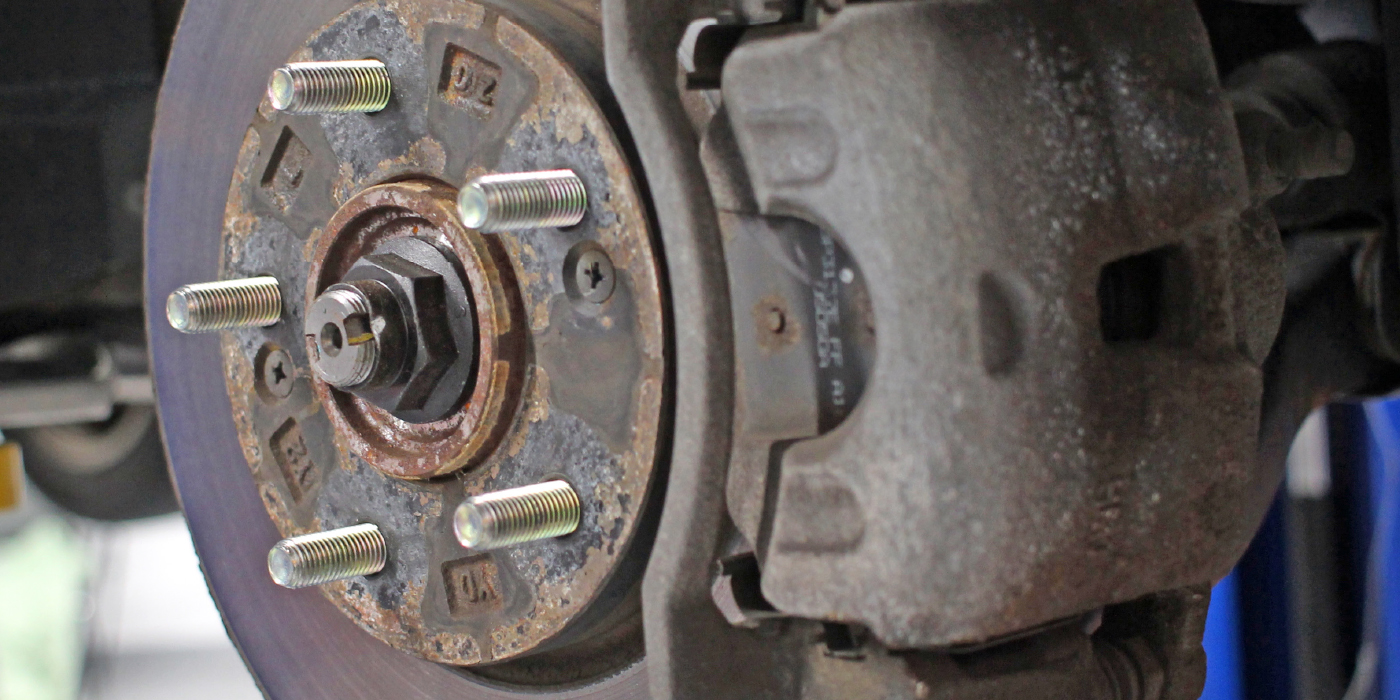Torque-To-Yield Fasteners For Undercar Components
The desired result of tightening a fastener is to obtain a proper clamping force between parts. The clamping force prevents loosening when the vehicle is in use and external forces act on the clamped parts. All fasteners have a specified torque. The method used for a particular application is determined by engineering and specified in the service information. It is necessary to apply the fastener torque to the specific fastener identified.
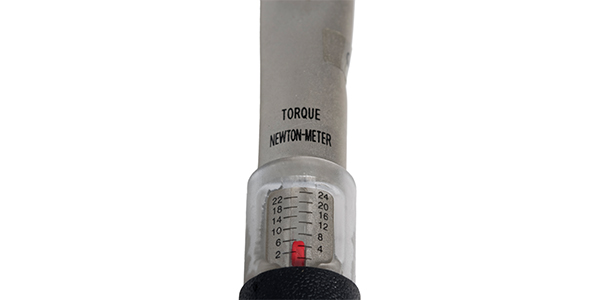
Torque-to-Yield Fastener Reuse
The desired result of tightening a fastener is to obtain a proper clamping force between parts. The clamping force prevents loosening when the vehicle is in use and external forces act on the clamped parts.
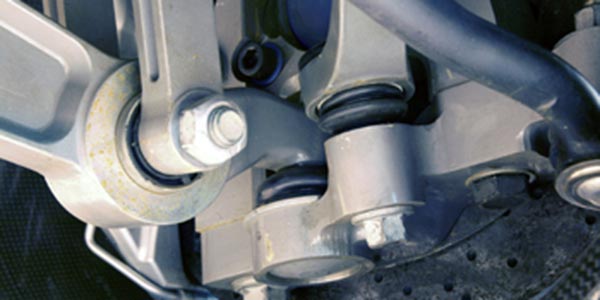
Torque-To-Yield Suspension Components
Despite what you may believe about the properties of metal, bolts are actually elastic. It’s not quite Stretch Armstrong dramatic, but when you tighten a critical bolt to specs, you’re actually pulling it beyond its original length. Based on the quality of steel used in the fastener, the diameter of the fastener and how far you stretch it, the load or force applied to the joint (the two pieces being fastened together) changes.
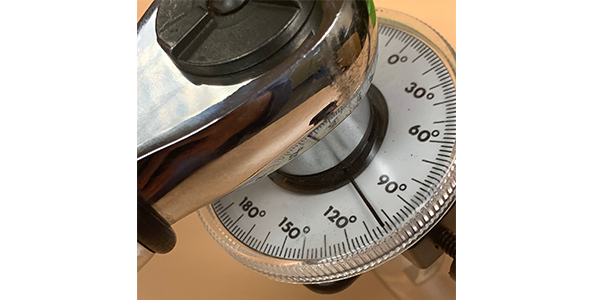
Weight-Saving Suspension Service: Dealing With Aluminum & Advanced Fasteners
In addition to weight, one benefit of aluminum suspension components is their noise and vibration-dampening properties. Engineers have found that aluminum transmits less road and tire noise to the passenger compartment due to the density of the material.
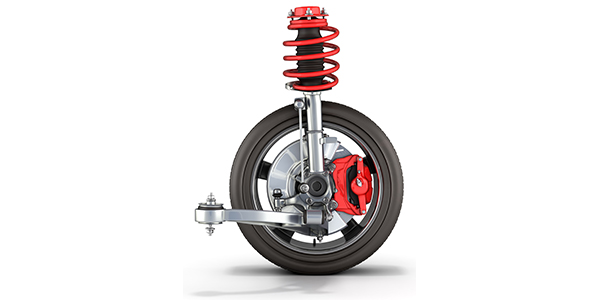
Torque-To-Yield Suspension Components
What do some ball joints, tie rods and suspension components have in common with engines? The answer is Torque-to-Yield (TTY) fasteners. These bolts and studs that stretch are becoming more common on vehicles not just under the hood, but under the car.
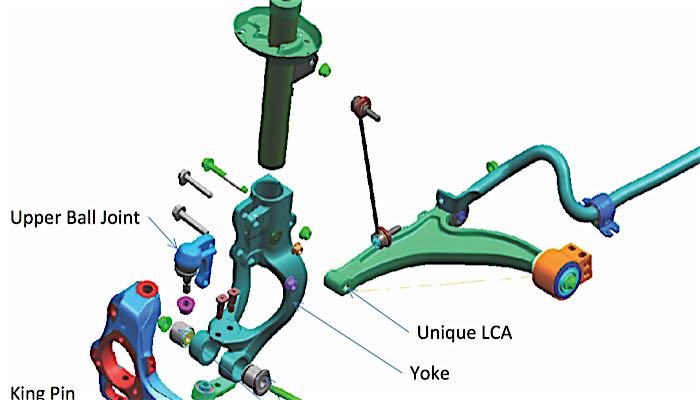
Installing Torque-To-Yield Suspension Components
What do some ball joints, tie rods and suspension components have in common with engines? The answer is Torque-to-Yield (TTY) fasteners. TTY fasteners are mounting fasteners which are torqued beyond the state of elasticity and therefore undergo plastic transformation, causing them to become permanently elongated.
Torque-To-Yield Suspension Components (Ball Joints, Tie Rods And Control Arms)
Always make sure to check the service information to get the right torque for a suspension component no matter what type of fastener. If you see an initial torque spec along with an angle in degrees, it is a torque-to-yield (TTY) fastener. TTY ball joint and tie-rod studs have two advantages. First, they can weigh less and still apply the same clamping loads. Second, the clamping loads are more consistent and controllable.
Tech Update: Gaskets, Seals, Sealants and Fasteners
Some gaskets can go the distance, while others can not. The factors that typically cause a gasket to fail include age, heat, thermal expansion, abrasion, pressure, vibration, corrosion, material breakdown or poor design.
VIDEO: How Do Suspension Components Stay Together?
Andrew Markel covers how suspension component fasteners are secured using mechanical attachment methods like castellated nuts, nyloc nuts and torque-to-yield fasteners. He also discusses chemical solutions like thread locking compounds. Sponsored by Auto Value and Bumper to Bumper.
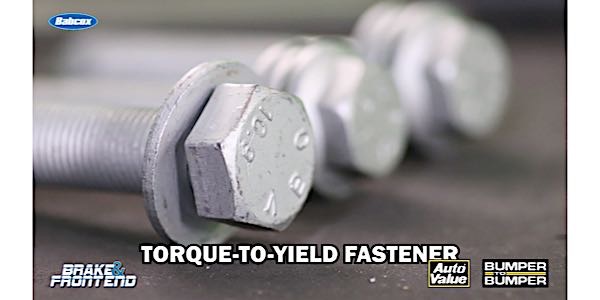
Axle Torque Procedures
Guessing the correct torque setting is a bad idea.
